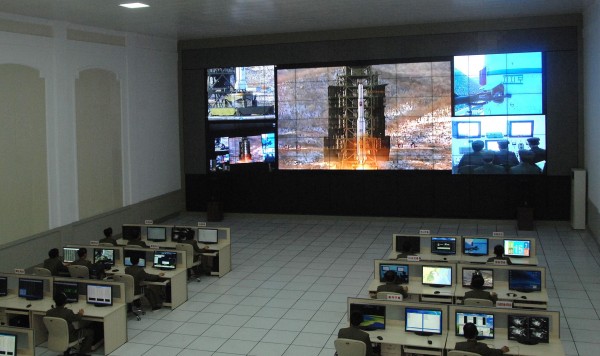

Follow us on:  
|


North Korea has in recent months increased the frequency of ballistic missile testing, all believed to be capable of carrying nuclear warheads [Xinhua]
Leonid Eduardovich Slutsky, the head of the Duma’s International Affairs Committee, said that the deployment of the Terminal High Altitude Area Defense system, or THAAD is a cause of concern and could pose a security threat so close to Russia’s borders.
“In effect, Washington is creating a new regional segment of the US global missile defense system in North-Eastern Asia,” he said just a day after China made similar comments and demanded the US withdraw THAAD from the Korean Peninsula.
The US began to deploy its THAAD anti-missile systems in South Korea on Tuesday in what it says is
a response to Pyongyang’s recent ballistic missile tests.
Parts of the weapons system arrived in Seoul just as North Korea completed another round of ballistic missile tests by firing four rockets into the Sea of Japan in violation of United Nations Security Council resolutions.
As one of the most advanced missile defense systems in the world, THAAD can intercept and destroy ballistic missiles inside or just outside the atmosphere during their final phase of flight.
Despite claims by Washington and Seoul that the missile shield would be focused solely on North Korea, Beijing says the US deployment would pose considerable threat to neighboring countries and spark an arms race.
“The deployment of the US missile defense system in the region is clearly beyond the task of deterring ‘the North Korean threat’,” Slutsky said in remarks carried by the Russian news agency TASS.
Both China and Russia, who endorsed UN Security Council resolutions condemning Pyongyang’s missile tests, say the only way to defuse tensions on the Korean Peninsula is to return to the six-party talks which also include the two Koreas, Japan and the US.
The BRICS Post with inputs from Agencies